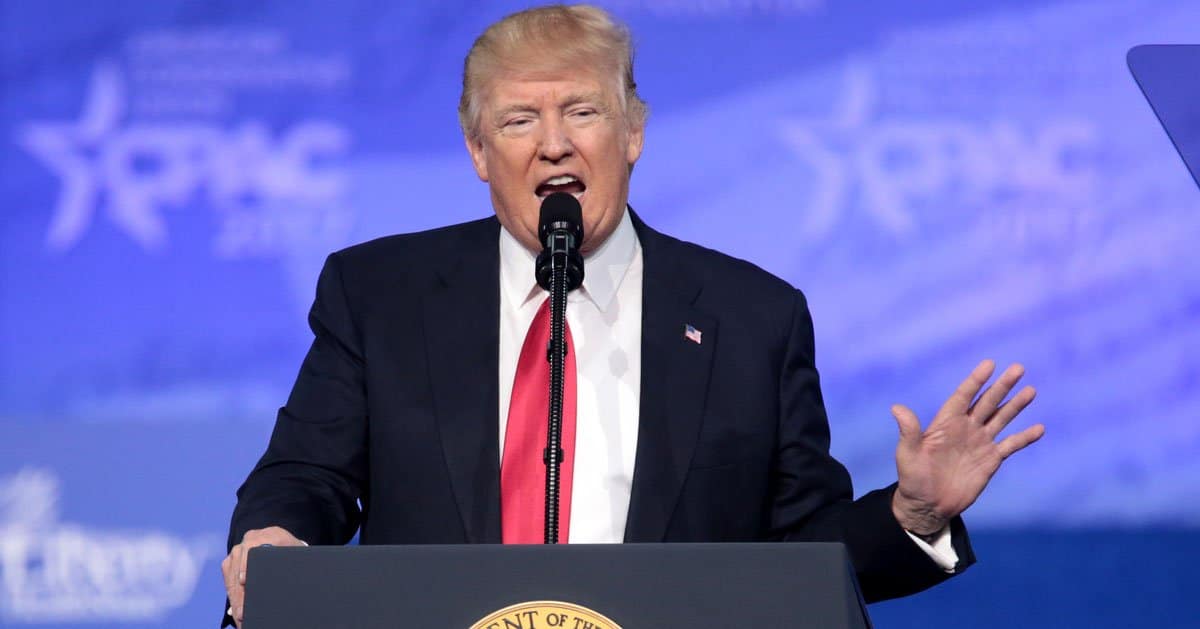








Washington, DC’s Mayor Muriel Bowser just dropped a political bombshell by announcing she won’t run for a fourth term in the upcoming mayoral election, the New York Post reported.
After 10 years at the helm, Bowser shared her decision via a social media video on November 25, 2025, closing the curtain on a tenure marked by big promises and bigger projects in housing, education, infrastructure, and public safety.
Let’s rewind to the start of her journey—Bowser, once a DC Council member for the 4th ward, took the mayor’s office with a mission to restore trust in government and give every resident a fair shake.
Under her watch, the city kept its sports teams, boosted school enrollment and graduation numbers, and poured more funds into housing than any other city or state, building a whopping 36,000 homes.
She also steered DC through the aftermath of a global pandemic, bolstered financial reserves, and slashed unemployment to historic lows, which even a skeptic must admit is no small feat.
Then there’s the Frederick Douglass Memorial Bridge—the largest infrastructure project in city history—completed on her watch, proving she could swing for the fences on hardline development goals.
Bowser didn’t shy away from locking horns with federal power players, standing firm against threats to DC’s autonomy and defending home rule as a core principle.
Earlier in 2025, she pushed back on President Donald Trump’s proposal to deploy National Guard troops for public safety, showing she’s not one to roll over when local control is at stake.
Yet, in a pragmatic nod, she later acknowledged the success of a federal crime crackdown in August 2025, crediting a surge of federal officers for supporting local police and driving down gun crimes, homicides, and carjackings.
“Having more federal law enforcement officers on the street — [has led to] having more stops that got to illegal guns,” Bowser said, pointing to fewer violent crimes and a sharp drop in carjackings as proof of progress.
Still, let’s not hand out gold stars just yet—while the stats look good, federal overreach with masked ICE agents in neighborhoods has frayed community trust, a misstep Bowser herself called a “break in trust” that undercuts local policing efforts.
On the flip side, her Oval Office appearance with Trump on May 5, 2025, and a press event with US Attorney Jeanine Pirro on September 5, 2025, suggest she’s willing to play ball when it benefits DC, a savvy move in a polarized climate.
“Looking to the future, I know we’ve laid the groundwork for others to build upon, to reshape and grow DC’s economy, establish DC as the 51st state, and protect our investments in affordable housing, transportation, public safety, and public schools,” Bowser reflected in her announcement video.
That’s a lofty wishlist for her successor, but with DC Council members like Kenyan McDuffie and Janeese Lewis George reportedly eyeing the mayor’s seat, the race to carry forward—or dismantle—her vision is already heating up.
While Bowser’s decade brought tangible gains, her exit leaves questions about whether DC can balance progressive dreams like statehood with the gritty realities of crime and federal interference—here’s hoping the next leader prioritizes results over rhetoric.



